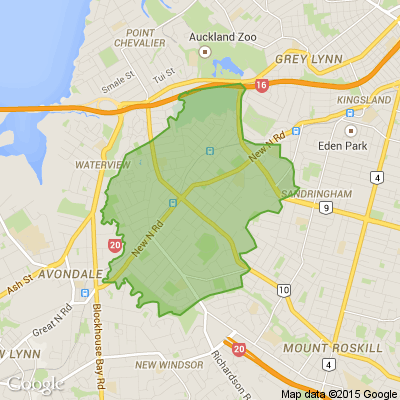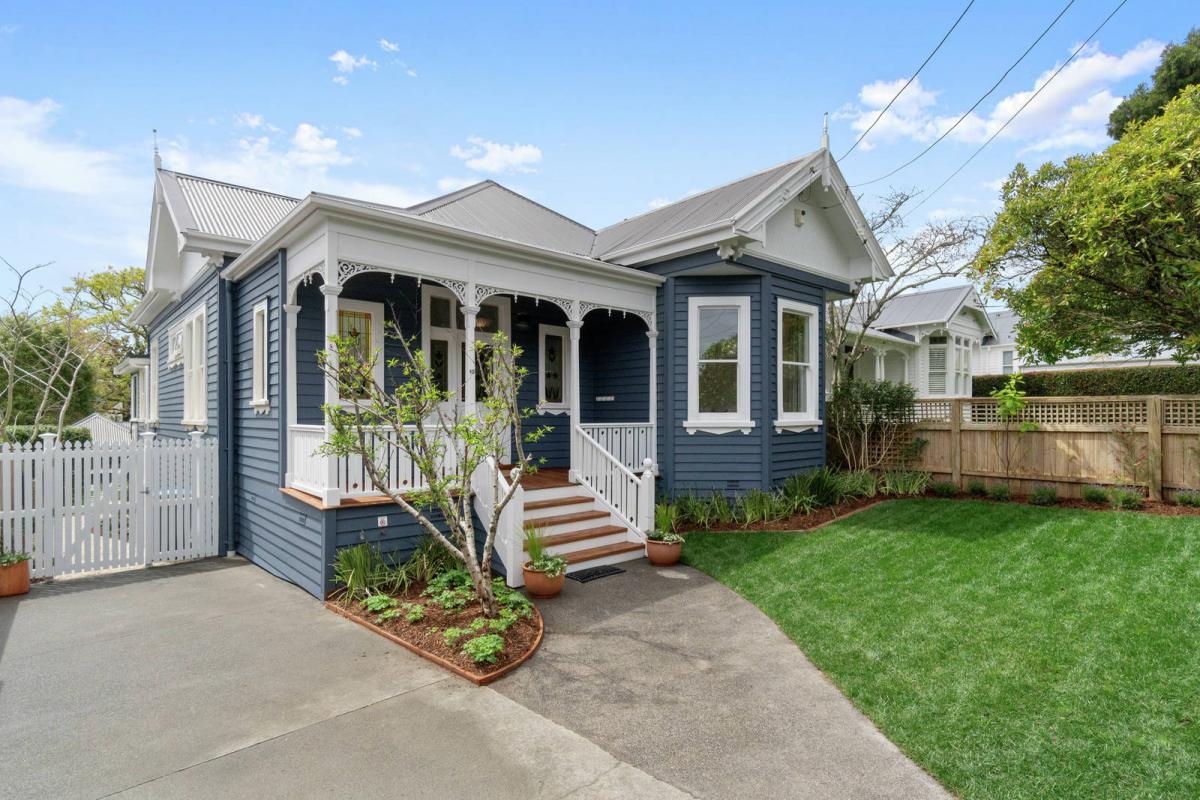MPs' and Ministers' expenses for the final three months of the year have been released, detailing the breakdown of the more than $2.3 million bill for taxpayers.
MP expenses are released every three months by the Parliamentary Service and the Office of the Clerk. It details the accommodation and travel expenses for all MPs - both of which are regular expenses required for MPs to fulfil their duties, allowing them to be present in Wellington to attend Parliament as well as their home and constituent communities.
The report does not include ministerial travel and accommodation, which is administered by Ministerial Services and is reported separately by that body and was also released today, also covering the period from October 1 to December 31 2023.
MP expenses came to almost $1.7m and Ministerial expenses came to more than $670,000.
=========================================================
Costs tend to be higher for MPs who live in more far flung places, adding to travel costs, and more senior MPs, especially a prime minister, deputy prime minister, and speaker.
Some MPs also had higher totals than they might otherwise due to expenses from the previous quarter being reported in the latest quarter.
The National Party - which has the largest caucus in the Parliament - spent the most on expenses in the period, totalling almost $731,000.
Prime Minister Christopher Luxon was the biggest expense of the lot, at a cost of just more than $57,500 - but that included VIP transport of more than $39,000 - part of the requirements of being in the top job. The rest was made up of costs of almost $7500 for accommodation, air travel of $9500 and "surface" - ground travel, such as taxis of more than $1300.
The next highest expenses cost in National's caucus was Auckland-based Defence Minister Judith Collins, at a cost of more than $24,200, made up of more than $6000 for accommodation and just over $18,000 on travel, including more than $16,000 on surface travel.
Erica Stanford and Harete Hipango had higher totals than Collins but theirs included expenses brought forward from the previous quarter.
Labour, with the next biggest caucus, spent almost $462,000 in the quarter. Its biggest expense was Manurewa MP Arena Williams, who spent almost $23,000 on expenses, including $8380 on accommodation in Wellington, more than $10,000 on air travel and almost $4400 on surface travel.
The lowest spender was new Finance spokesperson Barbara Edmonds, who is based near Wellington. She spent $521, most of which was $403 on flights.
Three MPs had no expenses to declare: outgoing or already-gone MPs Andrew Little, Nanaia Mahuta and Grant Robertson.
Leader Chris Hipkins - who is based in Upper Hutt - declared $1129, all of which was on flights.
The Speaker, Deputy Speaker and Leader of the Opposition are eligible for VIP transport services.
The Greens spent almost $177,000 and the ACT caucus almost $155,000.
For the Greens, third assistant speaker Teanau Tuiono declared almost $25,000 of expenses, including more than $7000 for flights and almost $10,000 for accommodation.
For ACT, Mark Cameron, who is based in rural Northland, declared almost $21,000 in expenses, the highest of any ACT MP. That included almost $10,000 on accommodation and a similar amount on travel, split almost evenly between flights and ground travel.
New Zealand First's eight MPs spent almost $68,000, while Te Pāti Māori's six MPs spent more than $80,000.
NZ First MP Jamie Arbuckle, from Marlborough, topped his party with more than $16,000 spent, while Te Pāti Māori co-leader Rawiri Waititi - who lives in a remote part of his Waiariki electorate - spent $36,500, about $26,000 of which was on travel.
Independent MPs Meka Whaitiri and Elizabeth Kerekere declared almost $15,000 and more than $7200 respectively for the period.
According to Parliamentary Services, party whips monitor non-ministerial MP expenses, and if they notice a member is incurring excessive expenses, can ask MPs to limit further costs for the year.
All expenses reported exclude GST Fringe Benefit Tax, which applies to Parliamentary Service travel expenses.
The report does not include ministerial travel and accommodation, which is administered by Ministerial Services and is reported separately by that body and was also released today.
Ministerial expenses for the new Government began from November 27, when ministerial warrants were issued, and ceased from that date for the previous government.
Ministers in the coalition Government spent $266,118 from that date.
Ministers in the previous Government - which included Labour and Green MPs - spent $405,522 from October 1 to November 27.
Costs included those for Ministers, spouses and staff.
Those figures were also exclusive of GST and Fringe Benefit Tax.
==============================================
www.1news.co.nz...
===============================
Poll: 🗑️ Would you be keen to switch to a fortnightly rubbish collection, or do you prefer things as they are?
Aucklanders, our weekly rubbish collections are staying after councillors voted to scrap a proposed trial of fortnightly pick-ups.
We want to hear from you: would you be keen to switch to a fortnightly rubbish collection, or do you prefer things as they are?
Keen for the details? Read up about the scrapped collection trial here.

-
85.3% Same!
-
14.7% Would have liked to try something different








 Loading…
Loading…




